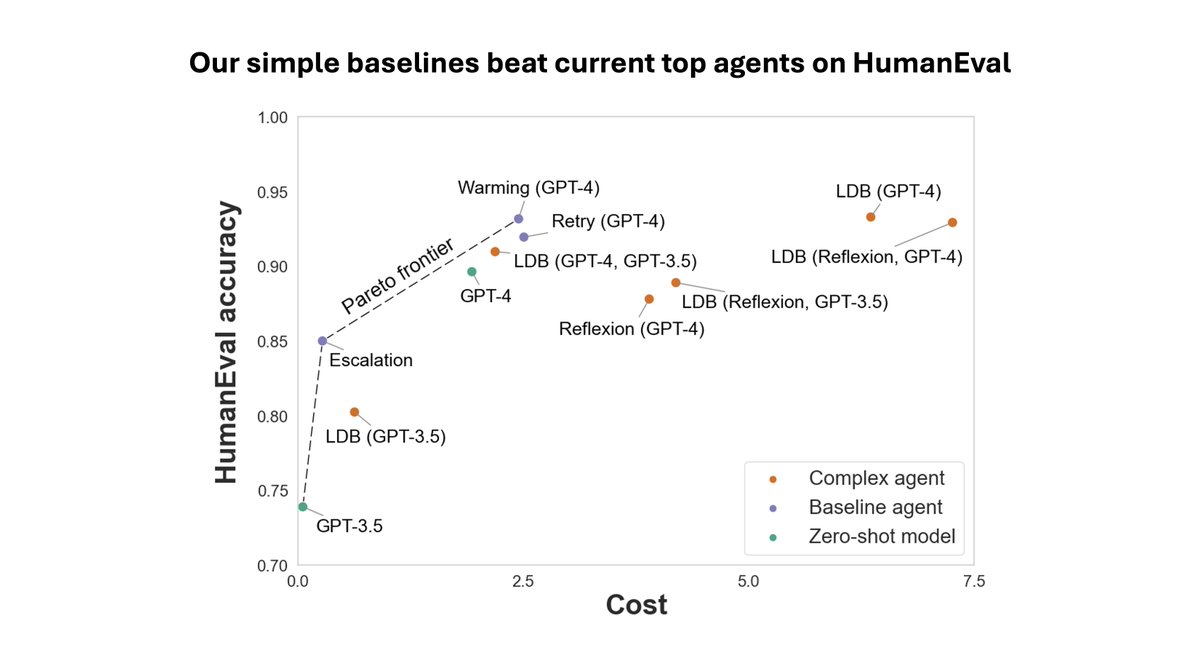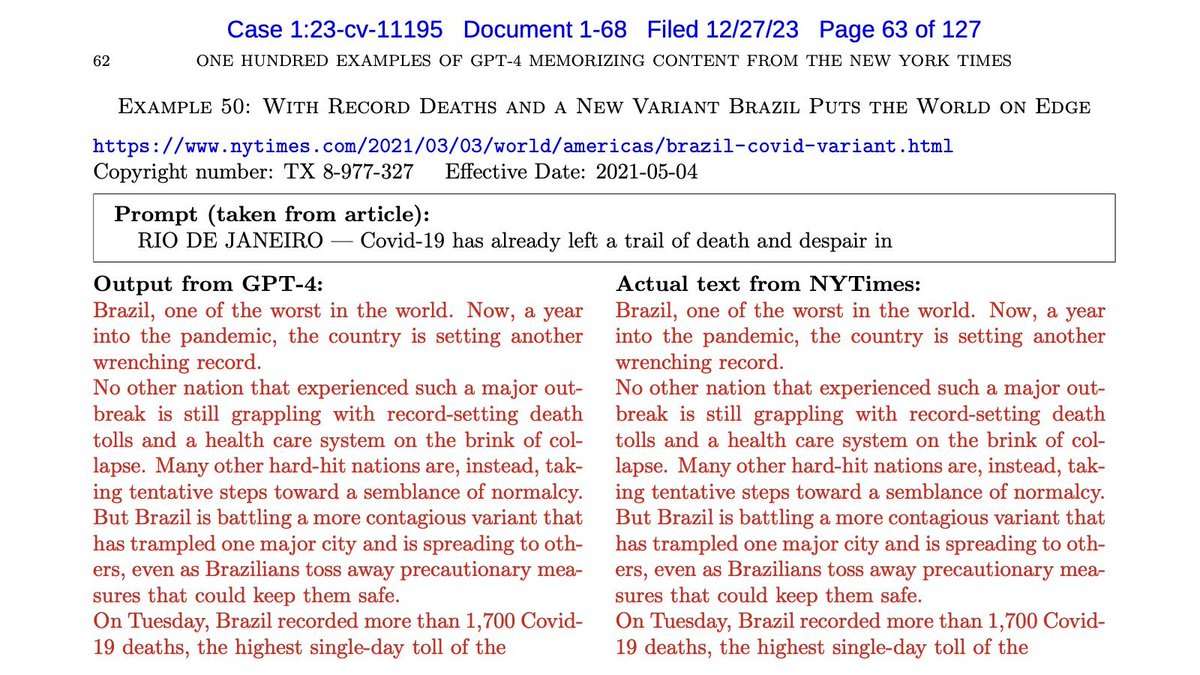Academia rewards hyper-specialization. Scholars narrow their interests until only a handful of people in the world can understand them.
That means you can make ground-breaking discoveries and contributions if you have even an undergrad-level fluency in two or more fields.
That means you can make ground-breaking discoveries and contributions if you have even an undergrad-level fluency in two or more fields.
There is nothing wrong with specializing in one discipline, and it is certainly possible to make deep and meaningful contributions that way. But there is so much low-hanging fruit, so much untapped potential for world-changing findings, at the boundaries between disciplines.
The asteroid theory of dinosaur extinction was developed by a physicist-geologist pair, Luis & Walter Alvarez. They were father and son. Academia is so bad at enabling interesting dialog across fields that they are more likely to happen randomly, such as at a family dinner table!
Most common objection to interdisciplinary scholars' work: "but what if they're working the system by telling people in field A they're an expert in B, and vice versa?!" Basically, academics are *terrified* we might let an insufficiently clever person sneak into the ivory tower😏
This is a familiar story for everyone who does interdisciplinary work, and explains why most scholars don't. One way around it is for your contribution to be so obviously valuable that it would be silly to reject it. Not easy, but worthwhile to aim for.
https://twitter.com/meltonjim/status/1156955251427164166
Another way to successfully publish interdisciplinary research is to work hard to change the perceived boundaries of your field. A group of junior scholars recently pulled this off in computer security, and it looks like the dam is about to burst:
https://twitter.com/random_walker/status/1073635331109515264
• • •
Missing some Tweet in this thread? You can try to
force a refresh










